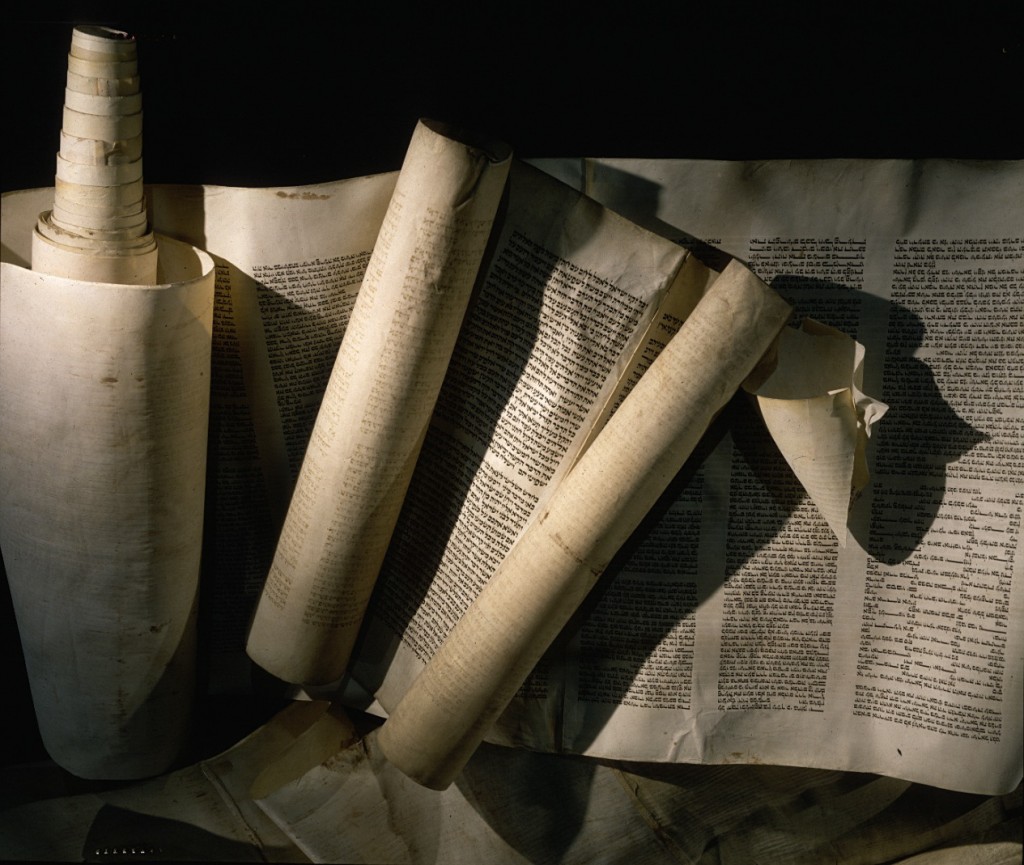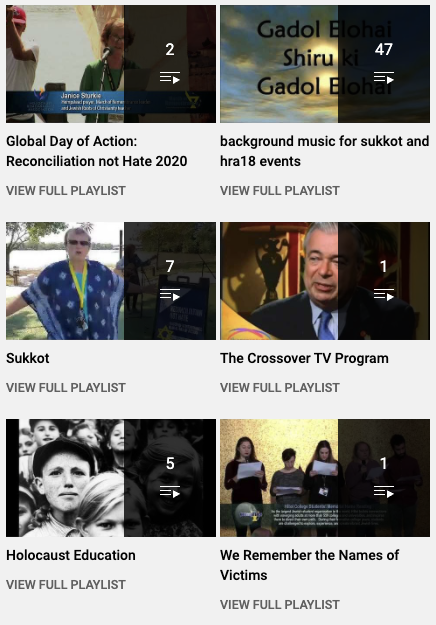August 28, 2025 – Dr. Susanna Kokkonen
Ki Tietzei 5785 (2025)
Deuteronomy 21:10-25:19 (Haftarah: Isaiah 54:1-10)
Rules for War
Ki Teitzei, the name of this Torah portion means “If you go out.” Because the sentence relates to going out to war, it is extremely current. We have been witnessing war for several years since October 2023. The starting verse comes from Deuteronomy 21:10. God instructed His people on how to behave with female captives in the event of their capture.
“When you go to war against your enemies and the Lord your God delivers them into your hands and you take captives, if you notice among the captives a beautiful woman and are attracted to her, you may take her as your wife. Bring her into your home and have her shave her head, trim her nails and put aside the clothes she was wearing when captured. After she has lived in your house and mourned her father and mother for a full month, then you may go to her and be her husband and she shall be your wife.” (Deuteronomy 21:10-13 NIV)
The fact that a female captive would be able to mourn for her family before anything romantic could happen, shows an understanding of human nature and the sadness a person would experience in losing their family. One cannot help thinking how this contrasts with what we have seen lately.
Females became slaves of their ISIS captors in 2014 in Iraq. This and the absolutely horrifying images we have seen of women being abused in the hands of Hamas stand in stark contrast to the Torah. The other issue is that Hamas is holding civilians who were mainly captured from their homes in a brutal attack. They are kidnapped individuals, and there was no war when they were taken.
Birds
Compassion is a large part of this Torah portion, and it extends not just to humans but also to birds.
“If you come across a bird’s nest beside the road, either in a tree or on the ground, and the mother is sitting on the young or on the eggs, do not take the mother with the young. You may take the young, but be sure to let the mother go, so that it may go well with you and you may have a long life.” (Deuteronomy 22:6-7 NIV)
In today’s world many people are extremely worried about nature and distinct species of animals. So it is interesting what the Torah says here. If you do according to these instructions “it will go well with you, and you may have a long life”. We do recall that the same promise is to be found in the context of one of the Ten Commandments. This is the commandment to “honor your father and mother”. So God extends much compassion to birds. The promise is exactly the same.
What Cannot Mix
This Torah portion also forbids mixing together things that do not belong together. So basically animals of two diverse kinds cannot really work together. This applies to all animals. Their work is different and separate. There are things that simply do not mix. The Torah teaches us that there needs to be respect for certain boundaries.
“Do not plant two kinds of seed in your vineyard; if you do, not only the crops you plant but also the fruit of the vineyard will be defiled.
Do not plow with an ox and a donkey yoked together.
Do not wear clothes of wool and linen woven together.” (Deuteronomy 22:9-11 NIV)
Slander
It is interesting that the Torah connects certain kind of skin disease with slander. In this Torah portion Moses refers to a mysterious skin disease tza’arat which the Bible calls in English leprosy. The rabbinic understanding is that it is not leprosy. It is strictly a skin disease connected with talking ill of other people. So here Moses warned the people against this sin.
“In cases of defiling skin diseases, be very careful to do exactly as the Levitical priests instruct you. You must follow carefully what I have commanded them. Remember what the Lord your God did to Miriam along the way after you came out of Egypt.” (Deuteronomy 24: 8-9 NIV)
Miriam of course became white on her face after speaking against Moses. She had to stay outside the camp and Moses prayed that God would heal her. Speaking ill of someone is certainly one frequent thing in our daily lives so this is a stark warning against this kind of behavior.
Remembrance
The Torah portion ends with the story of Amalekites attacking the Hebrews, as they were weak and they had just left Egypt. God commanded Israel to remember what had happened. There is a lot to say about the Amalekites but the one thing that stands out in this Torah portion is that they had “no fear of God”. This is certainly true of many of the enemies Israel has had to face.
“Remember what the Amalekites did to you along the way when you came out of Egypt…they had no fear of God.” (Deuteronomy 25:17 NIV)

These Torah scrolls, one from a synagogue in Vienna and the other from Marburg, were desecrated during Kristallnacht (the “Night of Broken Glass”), the violent anti-Jewish pogrom of November 9 and 10, 1938. The pogrom occurred throughout Germany, which by then included both Austria and the Sudetenland region of Czechoslovakia. The scrolls pictured here were retrieved by German individuals and safeguarded until after the war. – US Holocaust Memorial Museum – Collections
Remembering the Holocaust
The above verse above can be directly connected to Holocaust remembrance. What we need to understand is that Amalek represents an enemy the Jewish people will always have. These are enemies that frequently attack them. So Amalek is a prototype and one of his characteristics is that he has No Fear of God.
When we think about Nazi Germany, or countless other enemies of Israel, we realize how true this is. Other nations may not recognize Amalek, but Israel always has that enemy. The enemy is ruthless and unrelenting. There is much evidence that in Nazi Germany the authorities tolerated churches but eventually the Nazis wanted to get rid of Christians too. They turned against Judaism, and the hatred was not just racial. It was hatred of everything Judaism represents. Kristallnacht, the Night of the Broken Glass, is evidence that they were against Torah, they had No Fear of God and His Law. The very attack was against God’s Books of Law.
God commanded the Jewish people to remember. God commanded us to remember.
Compassion and Redemption
The prophetic portion speaks about God’s compassion toward his people. While the prophet admits that for a moment the people were abandoned, God will still appear and have compassion on them.
“For a brief moment I abandoned you,
but with deep compassion I will bring you back.
In a surge of anger
I hid my face from you for a moment,
but with everlasting kindness
I will have compassion on you,”
says the Lord your Redeemer.” (Isaiah 54: 7-8)
God also compares his love and compassion with natural elements. Those seem to be eternal, yet they can be shaken and removed. His compassion is not like that. No one can remove His compassion.
“Though the mountains be shaken
and the hills be removed,
yet my unfailing love for you will not be shaken
nor my covenant of peace be removed,”
says the Lord, who has compassion on you.” (Isaiah 54:10 NIV)
Compassion
One of the outstanding characteristics of Jesus was His compassion. He had compassion for those who were sick, he had compassion for those who had no food, he had compassion for those who were grieving. The New Testament is full of stories of helping, healing, and feeding.
Even when He spoke about Jerusalem’s difficult days ahead, there is compassion in how Jesus worded it:
“Jerusalem, Jerusalem…how often I have longed to gather your children together, as a hen gathers her chicks under her wings, and you were not willing. Look, your house is left to you desolate. For I tell you, you will not see me again until you say, ‘Blessed is he who comes in the name of the Lord.” (Matthew 23: 37-39 NIV)
Jerusalem’s desolation is over and in the post Holocaust world, the nation is fighting new and terrifying wars. Let us remember to pray with deep compassion as we watch the events unfolding around us.
*For an explanation of the terms see the first Pearls of The Torah Portion Blog.
| Coral and crystal cannot be mentioned, and the striving for wisdom [is more precious] than pearls. | רָאמ֣וֹת וְ֖גָבִישׁ לֹ֣א יִזָּכֵ֑ר וּמֶ֥שֶׁךְ חָ֜כְמָ֗ה מִפְּנִינִֽים: |
Job 28:18 (NKJV)
Again, the kingdom of heaven is like a merchant seeking beautiful pearls, who, when he had found one pearl of great price, went and sold all that he had and bought it.
Matthew 13:45-46 (NKJV)
Torah Scrolls were attacked and desecrated during the Holocaust. The enduring images of the Kristallnacht (November 9-10,1938) are those of synagogues on fire and Torah Scrolls burning. Some of these desecrated Torah Scrolls disappeared, others were buried. Some were lovingly rescued and are on display in museums in various locations.


